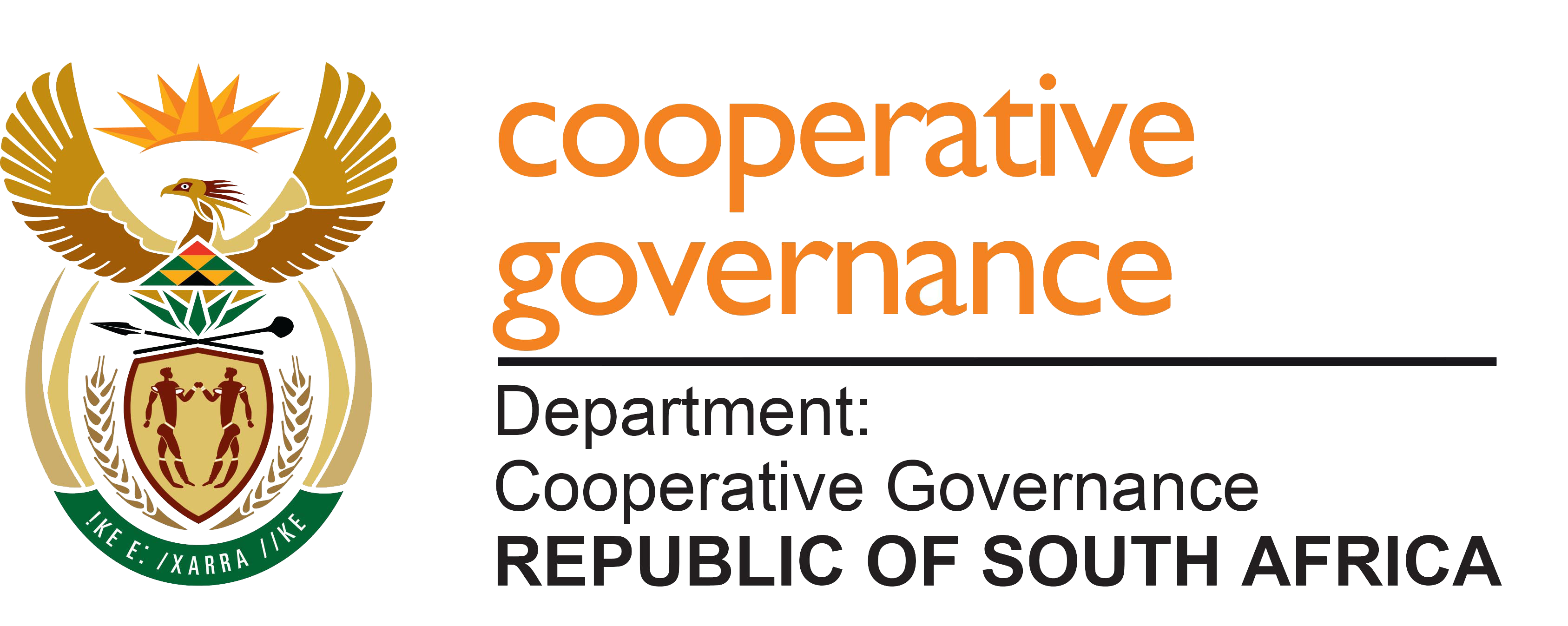Media Statement
To all media
2 October 2024
DEPUTY MINISTER MASEMOLA CONCLUDES NORTHERN CAPE VISIT TO PRIORITY DISTRICTS
The Deputy Minister of Cooperative Governance and Traditional Affairs (COGTA), Dr. Namane Dickson Masemola, has successfully concluded a productive two-day visit to identified two priority districts of the Northern Cape. The visit, aimed at assessing and supporting local governance structures, began yesterday with engagements with the ZF Mgcawu District Municipality and its local municipalities, and concluded today with productive interactions with the Pixley ka Seme District Municipality and its local municipalities.
Accompanied by the MEC for Cooperative Governance, Human Settlements and Traditional Affairs (COGHSTA), Mr. Bentley Vass, and supported by a delegation that included district and local mayors, municipal speakers, councillors, representatives from SALGA, and the CEO of the Municipal Infrastructure Support Agent (MISA), the Deputy Minister’s visit demonstrated COGTA’s commitment to strengthening local government and enhancing service delivery across the country.
Throughout the two days, the mayors presented comprehensive updates on the state of local governance, focusing on key areas such as political leadership, governance structures, functionality of Municipal Public Accounts Committees (MPACs), financial management, local economic development initiatives, revenue generation, procurement practices, and the effective utilization of grants. Institutional capacity challenges and successes were also highlighted, with the Deputy Minister reaffirming the COGTA’s commitment to providing support where needed.
The Deputy Minister reiterated that the improvement of infrastructure, financial sustainability, and the creation of local economic opportunities remain top priorities for government as part of the broader objective to uplift the lives of the people in the Northern Cape.
In his closing remarks, Deputy Minister Masemola expressed his optimism about the progress made and pledged ongoing support from COGTA and MISA to ensure that the Districts and their local municipalities are equipped to overcome challenges and deliver on their mandate of improving the quality of life for all citizens.
The Deputy Minister expressed satisfaction with the outcomes of the meeting, noting that they had successfully achieved their primary objective of sparking critical reflections and meaningful discussions among all stakeholders present. He emphasized the importance of these conversations as a foundation for driving sustainable change and improving governance at the local level. “The engagements have fulfilled their purpose, which was to ignite thoughts and facilitate open dialogue about the challenges and opportunities within our municipalities,” the Deputy Minister stated.
Furthermore, the Deputy Minister committed to return to monitor the progress made in addressing the challenges raised during the discussions. The Deputy Minister reiterated COGTA’s firm stance on the non-negotiable nature of delivering essential services to the people, emphasizing that it remains at the core of the government’s mandate. “The delivery of services to the people is not up for debate. It is our fundamental responsibility as public servants, and we must ensure that every effort is made to meet the needs of our communities,” he asserted.
He further highlighted the importance of institutionalizing the District Development Model (DDM) as a key mechanism for achieving this goal. The DDM, which promotes collaborative governance through an integrated, intergovernmental approach, will play a key role in tackling the complex issues faced by municipalities in the province. “Many of the challenges we encounter in this province require a unified response. The District Development Model provides the necessary framework for us to work together across all spheres of government to ensure that we deliver sustainable solutions,” the Deputy Minister explained.
The Deputy Minister emphasized that the DDM is not just a theoretical framework but a practical tool that will help drive progress, particularly in districts that are facing severe developmental challenges. “It is through the DDM that we can address the unique needs of each district, ensuring that service delivery is accelerated, and that no community is left behind,” he said.
In his concluding remarks, the Deputy Minister passionately called on all those in attendance—mayors, councillors, municipal officials, and stakeholders—to return to the core principles of public service: serving the people with pride, integrity, and dedication. He reminded everyone that the true essence of their roles lies in prioritizing the needs of the communities they represent and ensuring that their work has a tangible, positive impact on the lives of ordinary citizens.
Ends –
For media enquiries, kindly contact:
Mr. Legadima Leso on 066 479 9904



